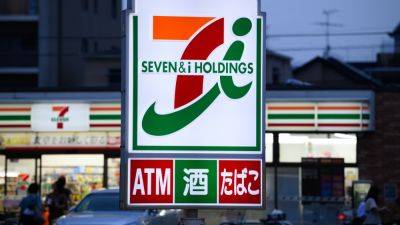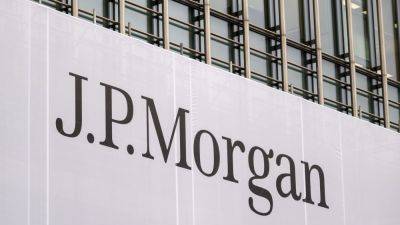Asia-Pacific markets slip with Japan's Nikkei leading losses; yen strengthens
Asia-Pacific markets were lower on Wednesday, with Japan's Nikkei leading losses in the region.
The Nikkei 225 tumbled 1.49% to finish at 35,619.77 for its eighth straight day of losses. The broad-based Topix dropped 1.8% to close at 2,530.67.
Traders in Asia parsed economic data from Japan and South Korea. South Korea reported that unemployment fell to 2.4% in August, the lowest level since 1999, when the data series commenced, according to Statistics Korea.
The Reuters Tankan survey, a monthly poll that tracks business sentiment in Japan, showed that business confidence in big manufacturers dipped to plus 4 in September, a seven-month low, from plus 10 in August. The sentiment for non-manufacturers declined for a third consecutive month to plus 23, from plus 24.
Bank of Japan board member Junko Nakagawa said Wednesday the central bank would continue to raise interest rates if the economy and inflation move in line with the bank's forecasts.
"When considering adjusting the degree of monetary easing further, we must look back upon market developments after our policy shift in July, and carefully assess how the market's changes affect our economy and price outlook," she said.
The Japanese yen strengthened to its highest level since January against the U.S. dollar to trade at 141.68.
Investors also assessed the U.S. presidential debate between Republican presidential nominee Donald Trump and Democratic Vice President Kamala Harris.The two presidential candidates have yet to agree on a second debate, meaning the event might have been their only face-off before Election Day.
The Asian markets are "reflecting reduced concerns over potential tariffs or sanctions on China," Billy Leung, an investment strategist at Global X ETFs told







